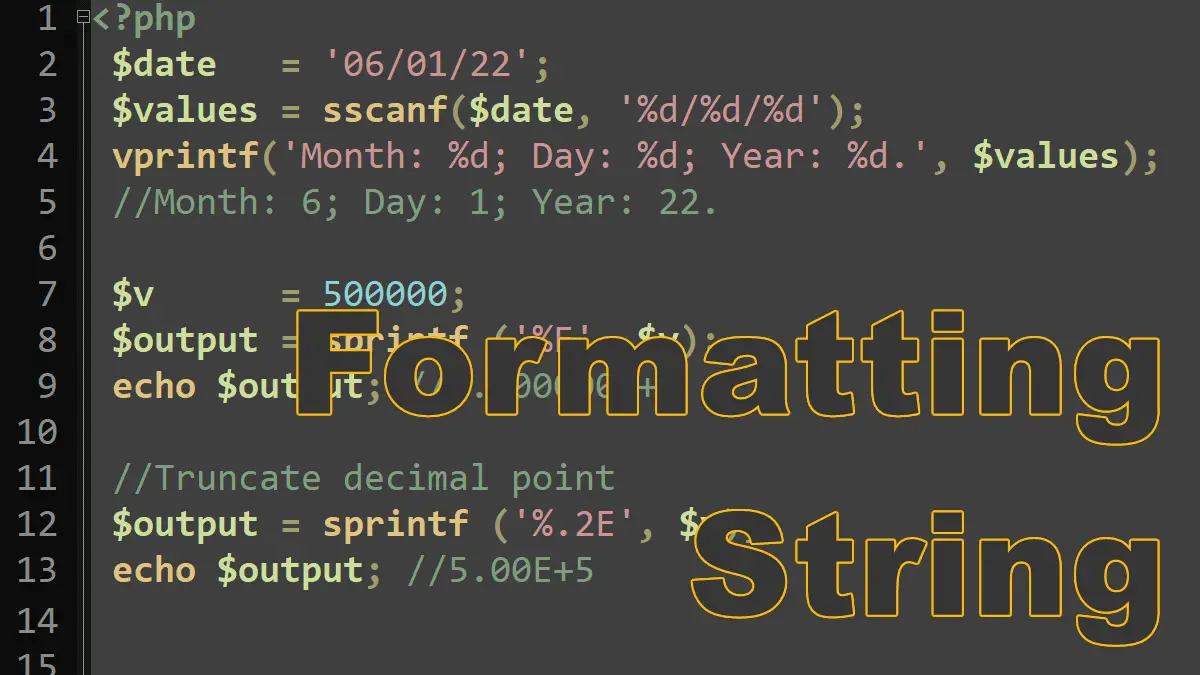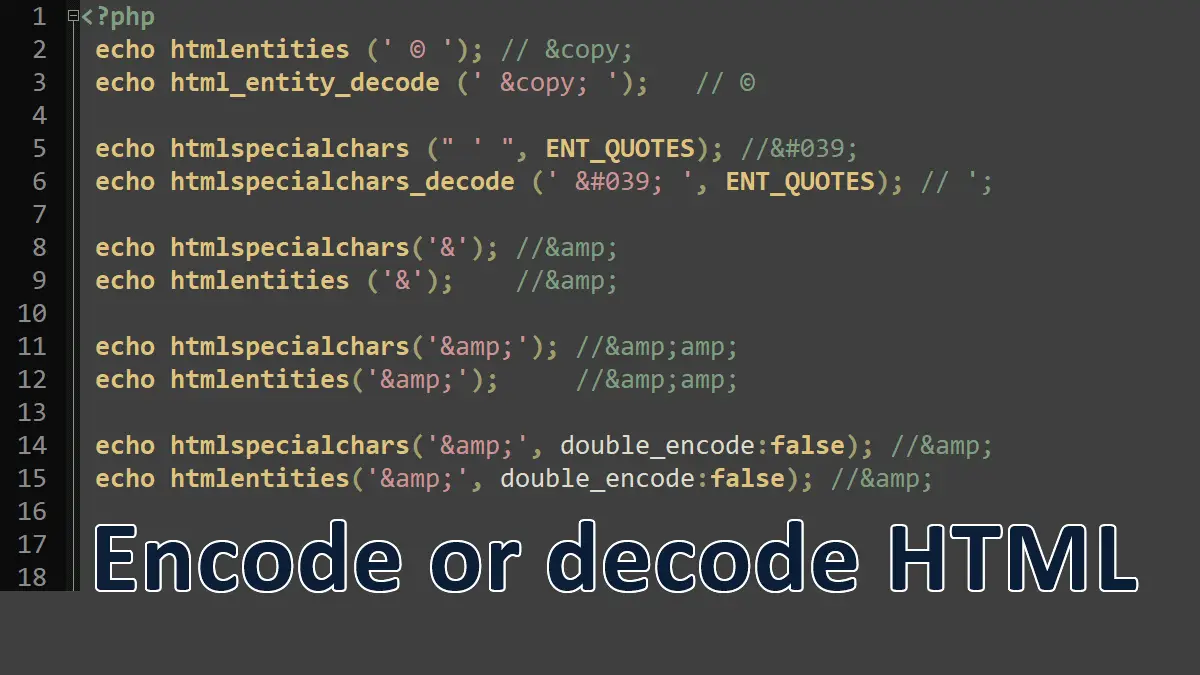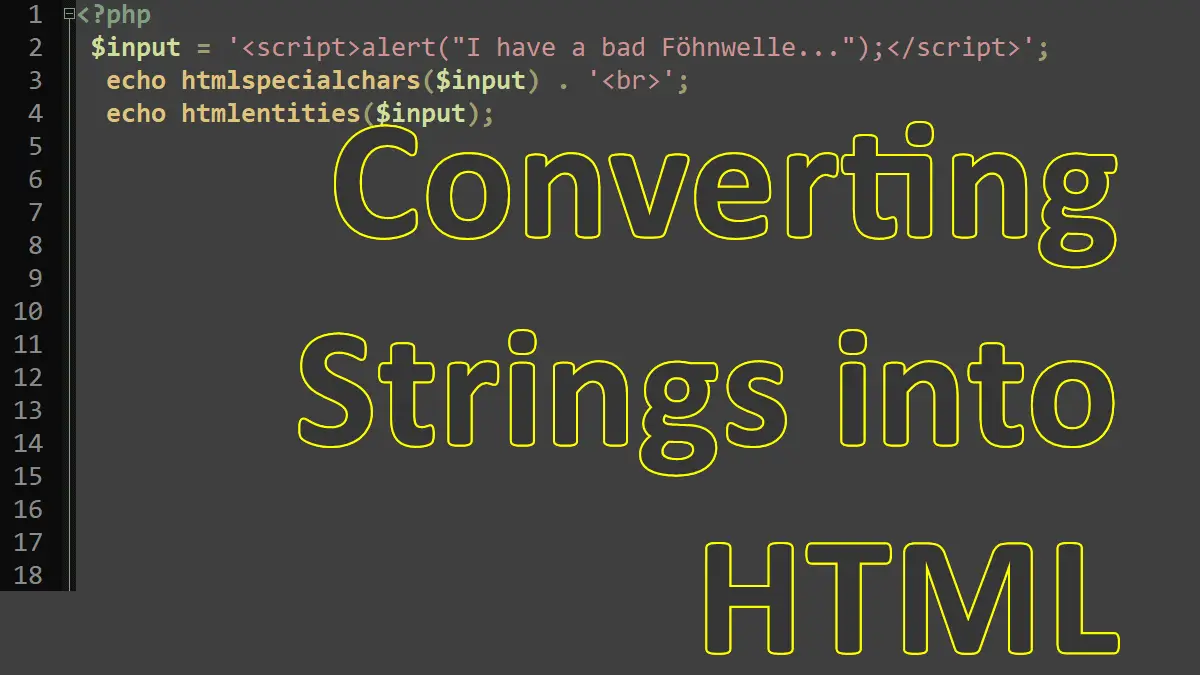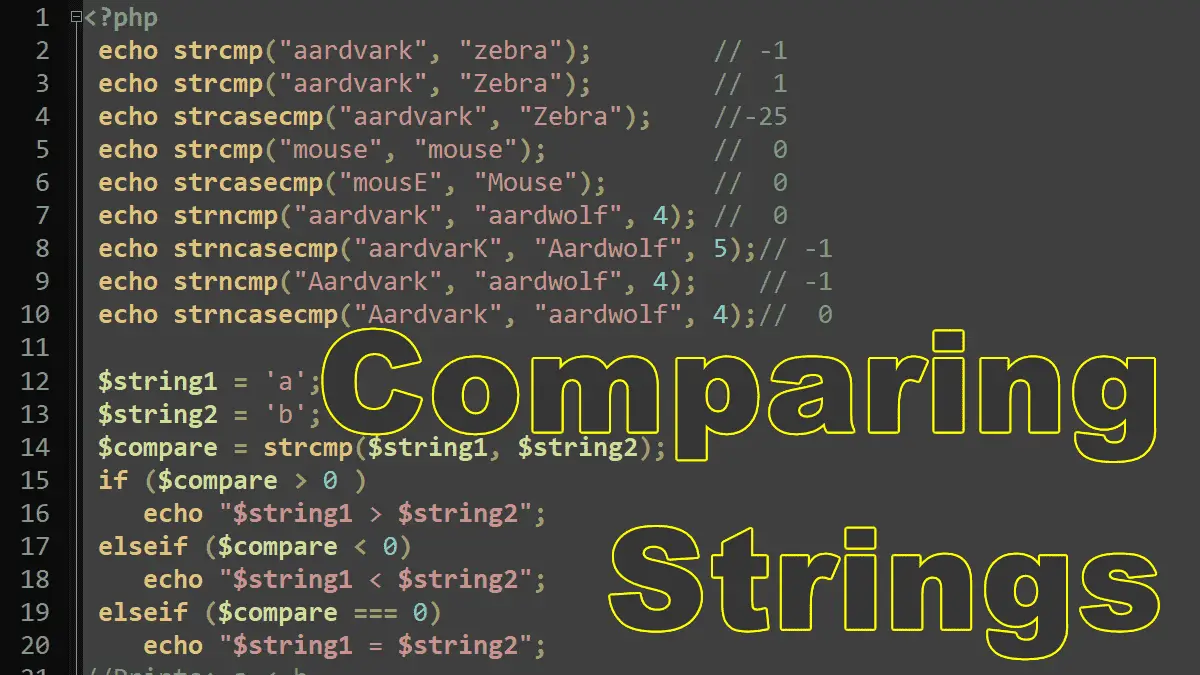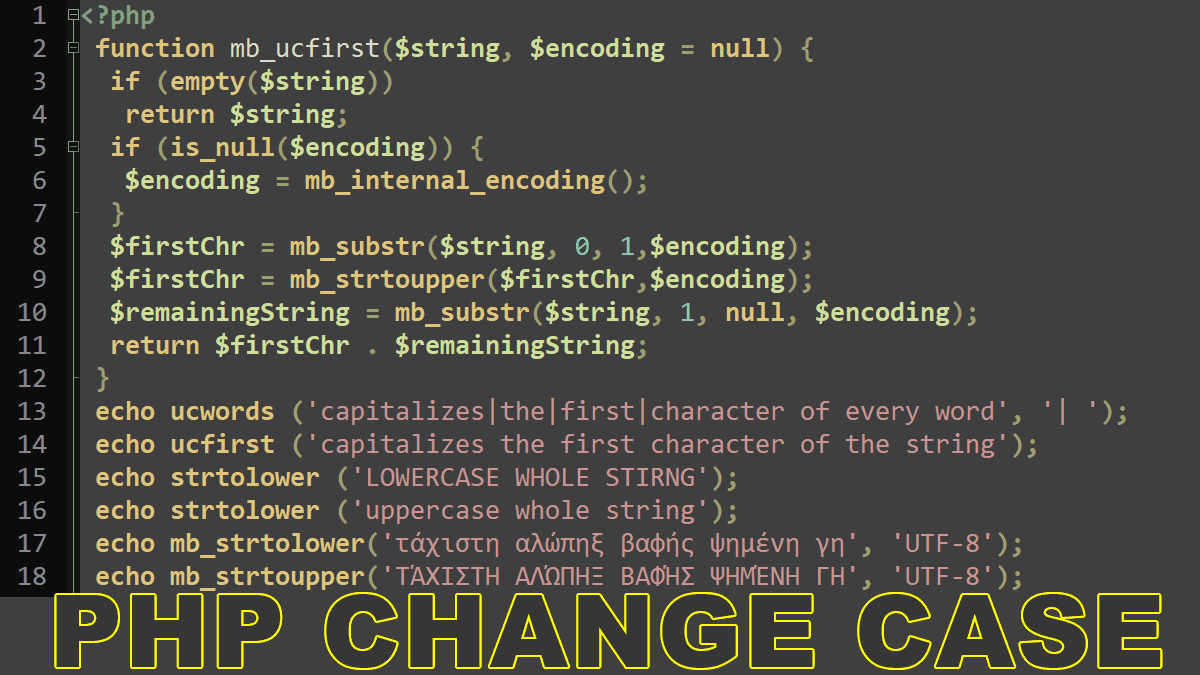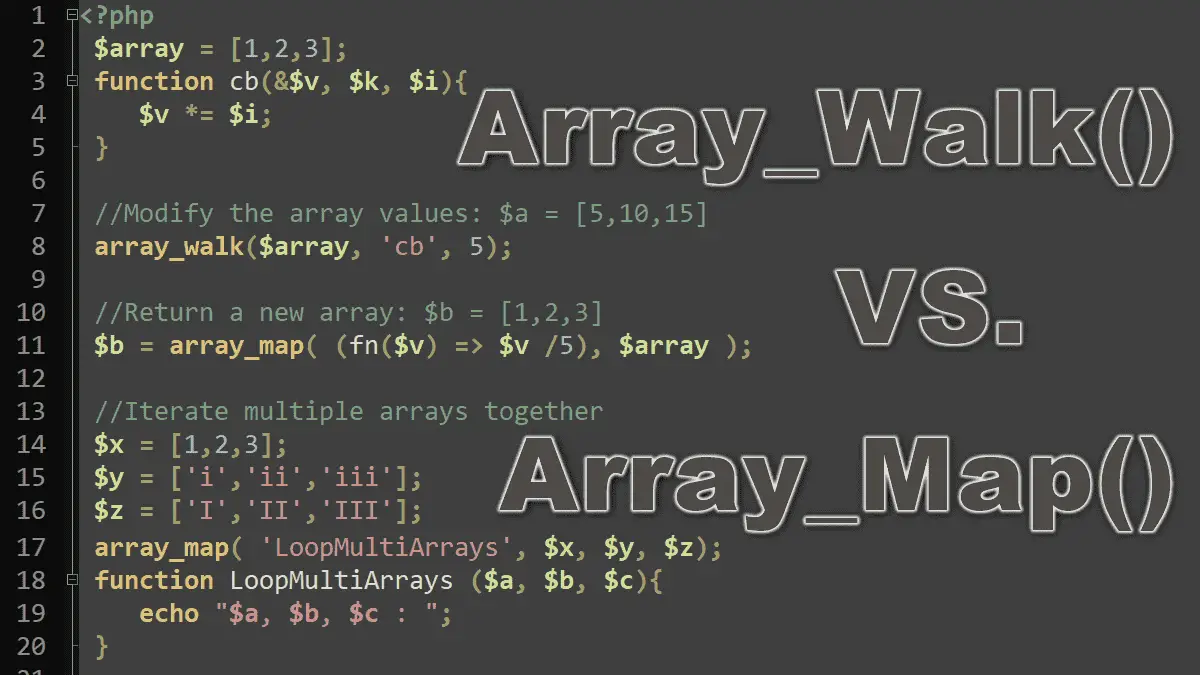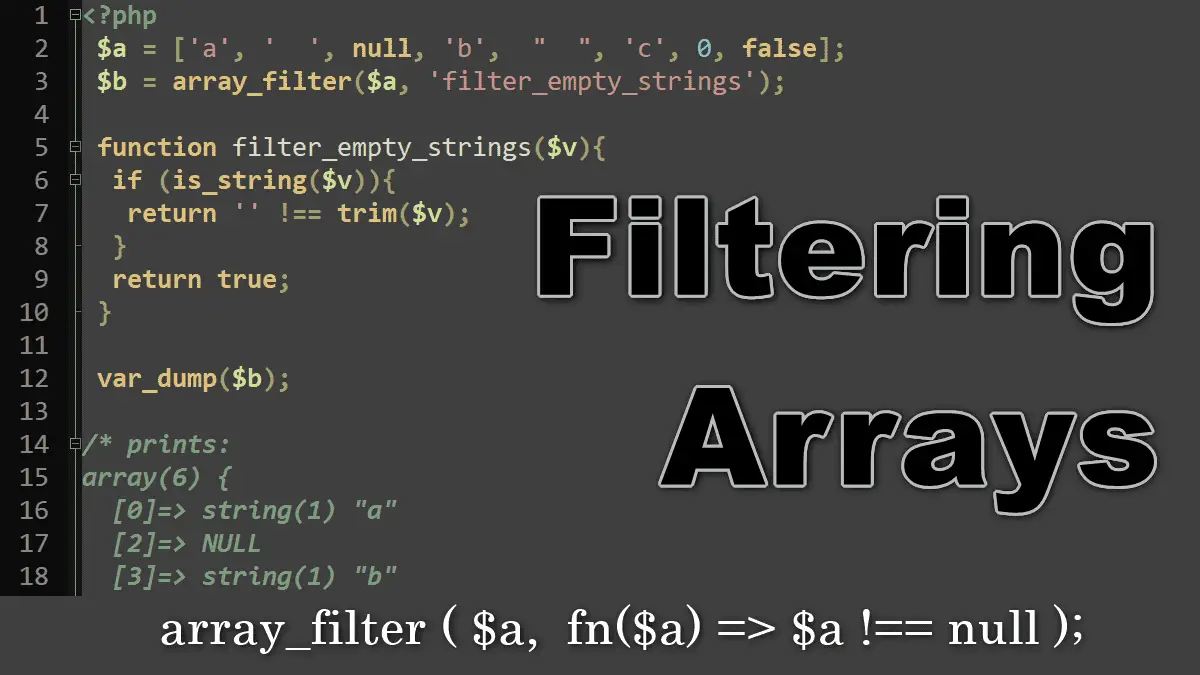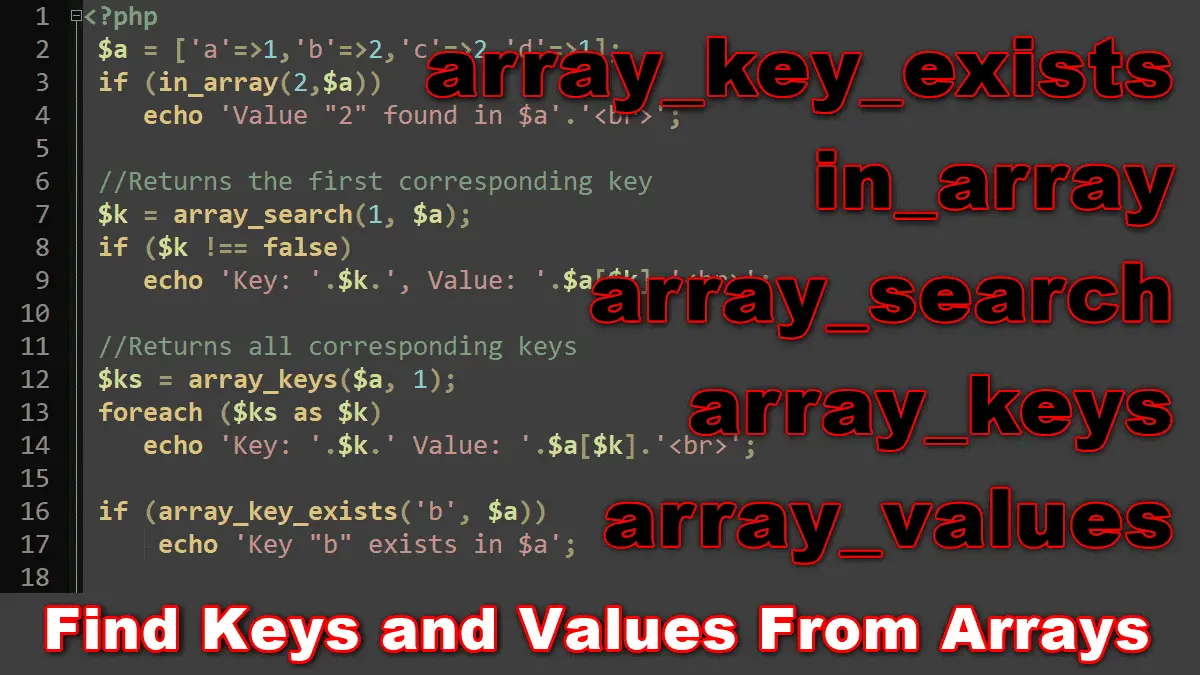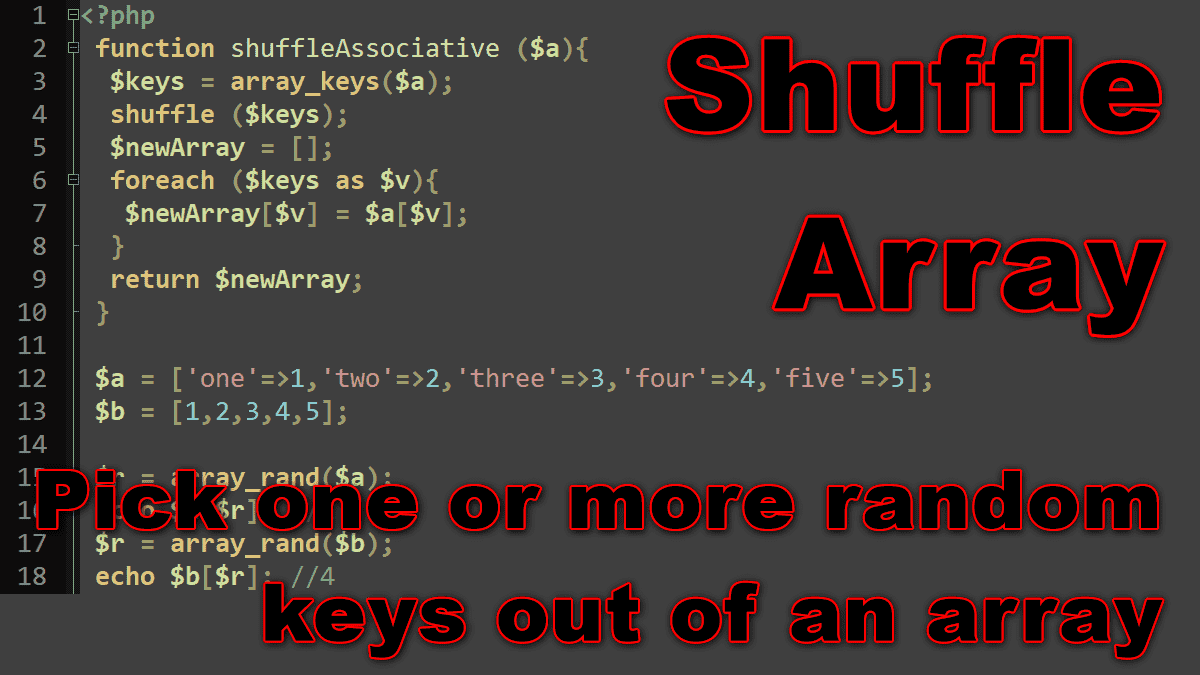Earlier we presented the basic method for outputting text with echo and print, and the functions print_r( ) and var_dump( ), which can determine the contents of variables during debugging. PHP provides several other functions that allow more complex and controlled formatting of strings.
Formatting Strings
